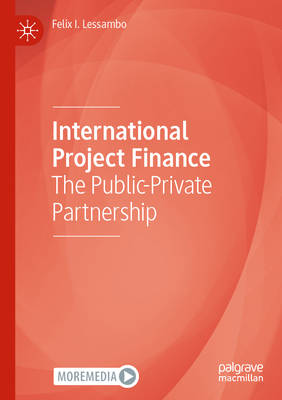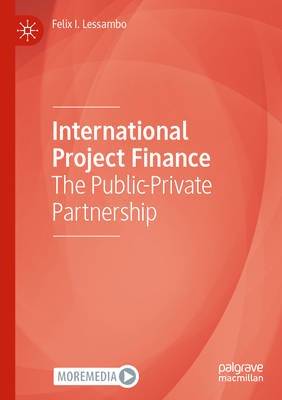
- Afhalen na 1 uur in een winkel met voorraad
- Gratis thuislevering in België vanaf € 30
- Ruim aanbod met 7 miljoen producten
- Afhalen na 1 uur in een winkel met voorraad
- Gratis thuislevering in België vanaf € 30
- Ruim aanbod met 7 miljoen producten
Omschrijving
Economic growth and development critically depends on the quality of infrastructure. Each aspect of the economy and its infrastructure are linked systemically. Public-Private Partnerships (PPPs) are increasingly being promoted as the solution to the shortfall in financing needed to achieve the Sustainable Development Goals (SDGs). Public-private partnerships enable the public entity to utilize the expertise and efficiencies of the private sector to deliver services and facilities that traditionally have been delivered by the public sector, either through public sector employees or by traditional procurement methods. To be beneficial to all stakeholders, a PPP project requires careful planning, implementation, and strong governance. This book breaks down the steps involved and the traps to circumvent.
Despite its globally growing importance, project finance has been somewhat underrepresented in research. This book analyzes project finance from an interdisciplinary perspective-finance, management, and international business-and includes international laws of arbitrage and perspectives of international financial institutions as never endeavored by any previous research projects. The book also includes case studies assessing the relevance of private-public partnerships by comparing the country expectations and the real outcomes. The gap between expectations and results does not necessarily mean that significant progress has not been made. To the contrary, the book suggests that some of the original targets set may have been unrealistic, and that the requisite financial resources-or the financial sector policies that could have generated those resources-may have been lacking.
Specificaties
Betrokkenen
- Auteur(s):
- Uitgeverij:
Inhoud
- Aantal bladzijden:
- 214
- Taal:
- Engels
Eigenschappen
- Productcode (EAN):
- 9783030963927
- Verschijningsdatum:
- 20/04/2023
- Uitvoering:
- Paperback
- Formaat:
- Trade paperback (VS)
- Afmetingen:
- 148 mm x 210 mm
- Gewicht:
- 312 g

Alleen bij Standaard Boekhandel
Beoordelingen
We publiceren alleen reviews die voldoen aan de voorwaarden voor reviews. Bekijk onze voorwaarden voor reviews.













